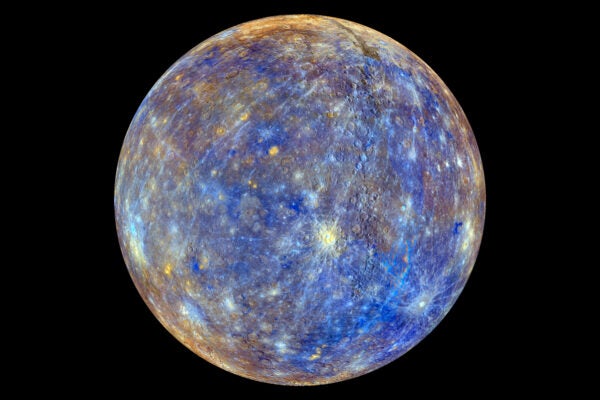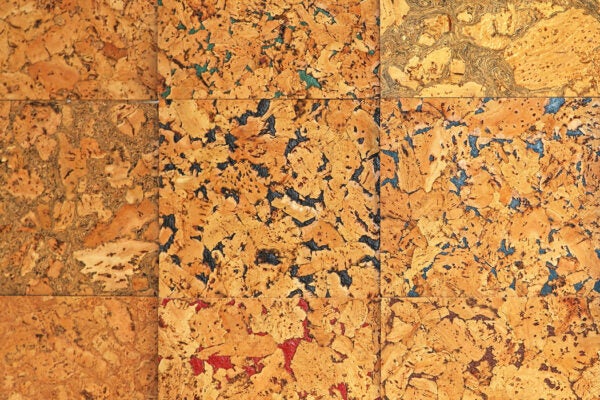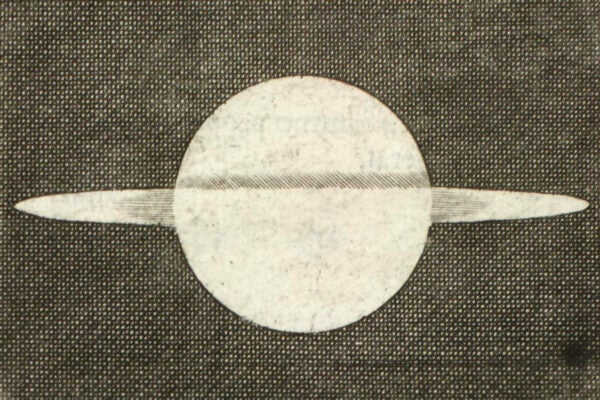When I was a boy, we lived in the Holocene. That’s what the geologists called it, anyway, from the Greek words for “entirely new.” The term was settled on in 1885 and defined as the geological epoch that followed the end of the Pleistocene about 12,000 years ago, after the retreat of the ice from the northern hemisphere, as the planet entered one of its periodic interglacial periods. The Holocene, a relatively mild, even balmy, period, saw the rise of human civilization—indeed, all of recorded human history. Bet we’ll miss it when it’s gone.
Almost two centuries after the beginning of the industrial revolution in Europe, an ecologist named Eugene F. Stoermer coined the word “anthropocene” to refer to the evidence of the human impact on the planet, an impact he judged to be on par with the great geological events of the past. The word means the “human new.” He started using the word in the early 1980s, but it didn’t catch on until 2000, when he and Paul Crutzen used the word in print for the first time. While not officially adopted by geologists—and in some quarters still controversial—the word has become ubiquitous in the literature now thanks to Crutzen, a Nobel-winning atmospheric chemist.
In a more recent article, Crutzen and his co-authors ask, “Are Humans Now Overwhelming the Great Forces of Nature?” They discuss an “Earth System” made up of interacting physical, chemical, and biological cycles and energy fluxes. We haven’t just increased the amount of greenhouse gasses in the atmosphere; we’ve degraded and destroyed entire ecosystems and food-webs, exterminated whole species, delivering body-blow after body-blow to the Earth System.
Everything is connected: these authors have gone far beyond “climate change” to discuss the implications of “global change”—the biophysical and socioeconomic changes that are altering the structure and function of the Earth System itself. Among the global-scale phenomenon being altered are “land use and land cover, urbanization, globalisation, coastal ecosystems, atmospheric composition, riverine flow, nitrogen cycle, carbon cycle, physical climate, marine food chains, biological diversity, population, economy, resource use, energy, transport, communication, and so on.” It is a sobering read.
Individual human lives are so ridiculously short compared to the geological time-scale that it has been difficult to comprehend that the planet is always in flux. What is unique about the Anthropocene is that human activity is now the great engine of transformation. We have been changing our environment–through hunting and gathering, fire, agriculture—since we’ve been human. But the scale of this transformation has become unprecedented, especially since the mid-20th century, a period Crutzen et al. call the Great Acceleration. I suspect that in the future, the Anthropocene will be backdated, making us all children of the new epoch.







